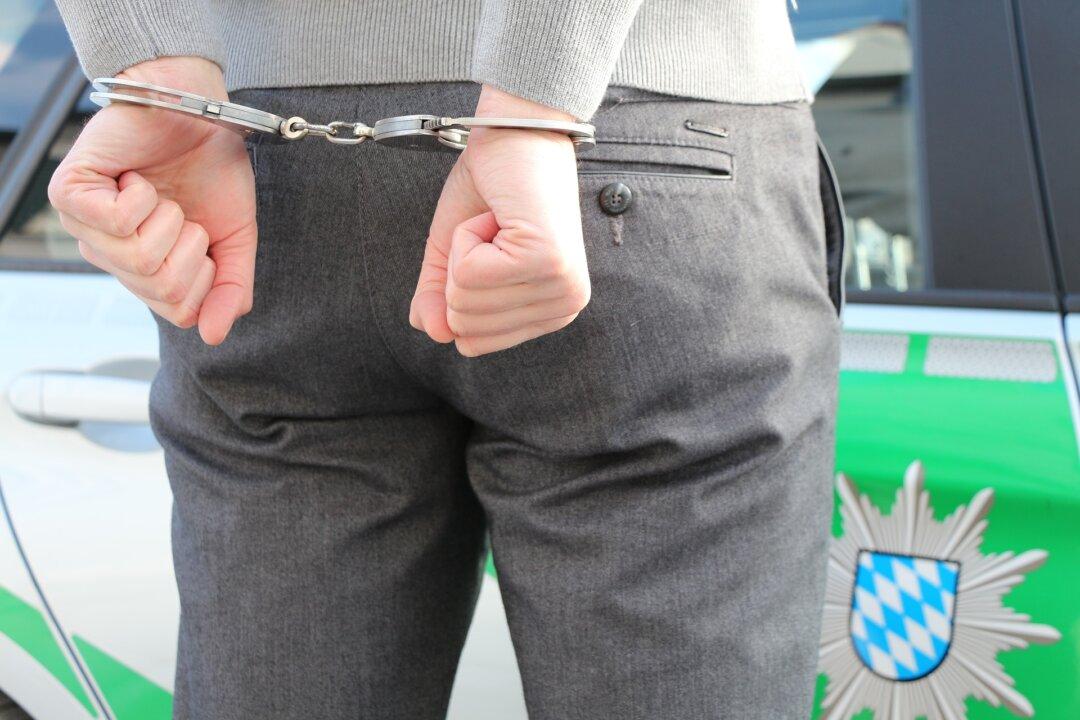The Queensland government announced on Thursday that the state’s northern city of Townsville will receive more resources to help reduce the number of youth offenders and their high crime rates.
An additional co-responder team will be sent to the city to target issues that can lead to youth crime, such as homelessness and drug use.





